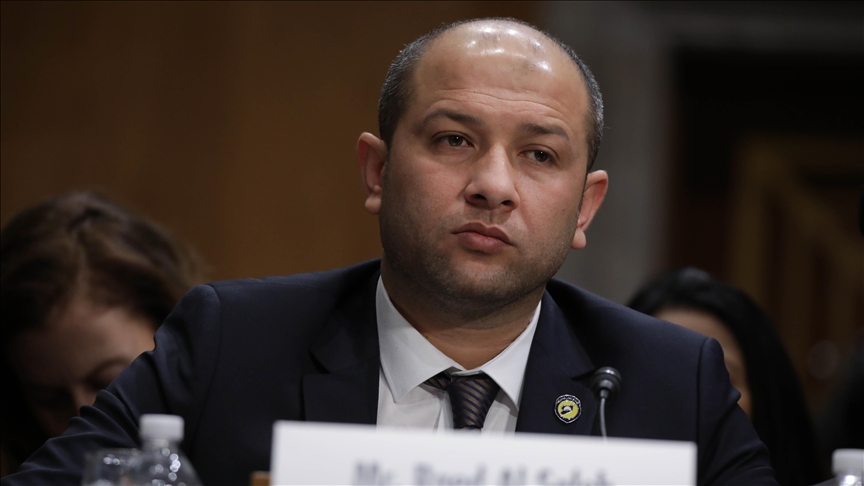New car registrations in the UK fell last year to their lowest level in three decades, new figures show, BBC reports.
Despite a recovery in the second half of 2022, a continuing parts shortage hit production lines.
Meanwhile, demand for electric vehicles continued to grow, and they accounted for almost a fifth of new car sales.
But charging infrastructure is not being built quickly enough to cope with growing demand, warned the Society of Motor Manufacturers and Traders (SMMT).
Across the whole of 2022, 1.61 million new cars were registered in the UK. That was the lowest level since 1992.
The market continued to feel the impact of the Covid pandemic. Sales were slightly lower than in 2021, a period affected by lockdowns and other restrictions - and some 25% down on 2019, the last "normal" year before the outbreak.
Although demand for new vehicles remained high, manufacturers struggled to get hold of parts.
There were particularly serious problems obtaining semiconductors, which are used in a vast array of electronic systems, from in-car entertainment to engine management.
"It's still the long Covid effect," said Mike Hawes, chief executive of the SMMT. "The key issue is global disruption to supply chains," he added.
"The demand we know is there… manufacturers have just really struggled to be able to make vehicles in sufficient quantities."
The situation did improve significantly in the second half of the year, with registrations growing for five months in a row.
That trend is expected to continue this year, despite fears of recession. The SMMT is forecasting sales of roughly 1.8 million in 2023.










